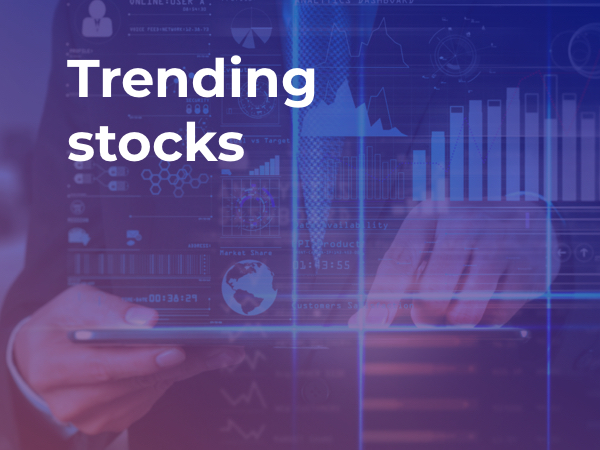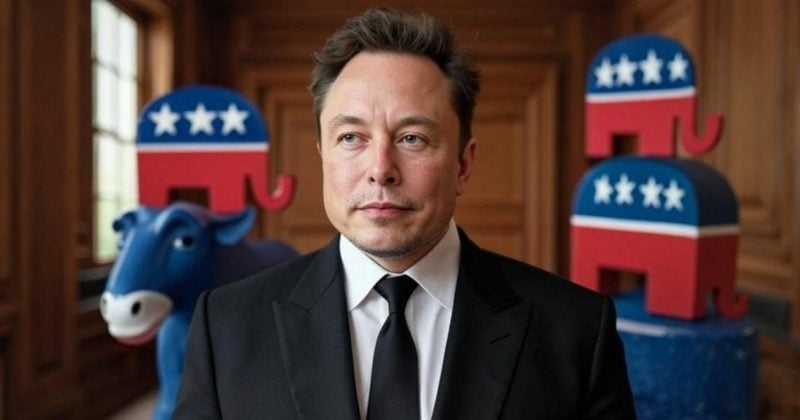(Click here to subscribe to the Delivering Alpha newsletter.)
According to Deloitte, global ESG assets under professional management could be worth $80 trillion by 2024. But this growth in popularity combined with a global energy crisis has the sector facing increasing polarization. Critics worry that capital dedicated to ESG investments will further one value system at the expense of others.
Lauren Taylor Wolfe co-founded Impactive Capital, an activist investment management firm focused on ESG investing for the long run. She sat down with CNBC’s Delivering Alpha newsletter to share why she thinks bans on ESG investing could be too risky and how understanding environmental, social, and governance risks is ultimately good for businesses.
(The below has been edited for length and clarity. See above for full video.)
Leslie Picker: Are you surprised that ESG has become one of the more controversial areas of finance in recent months?
Lauren Taylor Wolfe: No, I’m not. Listen, ESG without returns is simply not sustainable. There have been hundreds of billions of dollars allocated in the U.S. alone to ESG-specific ETFs and actively-managed mutual funds. On a global basis, there have been trillion[s] allocated. And like all trendy things, sometimes the pendulum swings too far in one direction, and so, now there’s been a lot of scrutiny on a lot of ESG products. But again, not every ESG product is created equally. As I mentioned before, without returns, these products simply won’t succeed. Now at Impactive, we take a different approach. And we’ve proven that you don’t have to sacrifice returns to achieve good, strong ESG improvement. We think about two things: one, can you address a business problem with an ESG solution? And two, can this solution drive profitability and returns? We’ve seen a lot of pushback come from some politicians and I think that’s simply too risky. Understanding environmental risks and social risks is simply good fundamental analysis and it’s simply good investing. So, for states, for instance, to ban this type of investing, I think it’s simply too risky. It’s bad for pensioners, it’s bad for constituents, because it’s simply a good way to analyze a business over the long run.
Picker: I think at the heart of the issue is this idea of ESG and profitability being mutually exclusive. Do you think there can be ESG improvements that drive margin expansion right away? A lot of people say, “Oh, well, over the long term, this will be much better for the company.” If you are a fossil fuel producer over the long run, transitioning to green energy will be better for your survival. But if you’re a pensioner or one of the investors that need more of a short-term time horizon in terms of making, hitting your marks on an annual basis, you kind of need more of a quick turnaround there. Is it kind of a matter of duration in terms of the ability to drive that profitability?
Taylor Wolfe: We focus on two areas, the ESG impact and the capital allocation impact. The capital allocation impact is around, “oh, you should sell the segment, do this levered recap, you should make this acquisition.” That can have an immediate impact to returns. Environmental, social, and governance change, for the most part, is cumulative in nature and does, in fact, take a longer time to matriculate into the returns. But pensioners, just as an example, they have – that capital is almost forever. And so, you know, the market itself, I think, has been plagued by short termism. We have too many managers, CEOs and boards focus on hitting their quarterly or annual figures and we believe that there’s true opportunity to focus on long term returns, long term IRRs. In fact, at Impactive, we underwrite three to five year IRRs because that’s where the real returns can be achieved. So, you have to be able to look past one year…We have an automotive company, an auto dealer, whose most valuable segment is the parts and services segment. It drives two thirds of the EBITDA of the business, and throughout the industry there was a labor shortage. And so, we said to them, you’re overlooking one candidate pool entirely, and that’s women. You’re not attracting retaining women to be mechanics, yet they dominate the industry as customers spending over $200 billion annually on auto service and auto retail. And so, sure, they’ve added mechanics. Over the past couple of years, they’ve doubled their size of their female mechanics. And we convinced them, gosh, if you invest in benefits, like maternity leave or flexible work week, by just adding females to the mechanic force, you can take your utilization up from 50 percent to 55 percent while your competitors are stuck at 50 [percent]. And it’ll drive – because this is the most profitable business that has the highest multiple – this could drive 20 percent on your overall enterprise value. And so I use this example to show you, it’s going to take time to get from one or two percent, where women sit as a percentage of mechanics in the labor force, from one or two percent, to where I think it can go 10 percent. And that can drive a huge impact on the overall enterprise value. It doesn’t happen overnight, but it can have a huge impact long term on the overall returns of that business.
Picker: That brings up a really good point – this idea that maybe it requires a little bit more creativity and kind of new way of thinking, as opposed to what’s been done historically. What do you think of the cost upfront in investing in something like that, and investing in that transition, and how investors should be thinking of just the deployment of capital in order to make that transition work maybe up front, and expectations for how that ultimately ensues?
Taylor Wolfe: It will depend, right? If you’re encouraging a company to invest in a giant, new, fab facility for wind turbines, or for wind and solar capabilities, or even for new chips, that’s going to be an enormous expenditure upfront. But it’s going to drive multi-decades of returns as we see the secular tailwinds coming from the government spending on renewable energy or consumer preferences and spending on renewable energy. For something like Asbury, where they’re investing in paid maternity leave, they’re adding women’s bathrooms to their parts and services facility – they’re up to, I think, about 70% of the parts and services facility have women’s bathrooms. These are smaller dollars, right? So, this expenditure will be, I think, almost immediately accretive, because as they hire more mechanics, they’re generating higher profit dollar revenues to the business. But to answer your question directly, it will really depend. The bigger expenditures where you’re investing in renewable energy, and environmental products that are very capital intensive, that will obviously have a huge and much larger capital outlay than some of these more asset light initiatives, like hiring more female mechanics, training them, and adding them to your labor force so you can accelerate your most profitable segment from growing at mid-single digits to grow double digits – that has an almost immediate return.
Picker: Yeah, something as small as adding women’s bathrooms. It’s something you don’t think about, but it obviously makes a big difference. I also want to ask you just kind of how this all fits into the macro backdrop, because historically, some people and some critics have said, “Oh, well, ESG. That’s a bull market phenomenon. And it’s a really nice to have, it’s something that you can benefit when the economy is doing well, when the markets are doing well.” And that’s partly why we saw so much capital flow into this area that has since reversed itself, at least in a lot of the kind of traditional ESG publicly traded companies. But now we’re facing inflation, we’re facing higher interest rates, the prospect of a recession potentially, are you worried that ESG will take more of a backseat in the boardroom, in light of some of these macro challenges?
Taylor Wolfe: I don’t think they will. I don’t think we’re going back to the days where the pursuit of profits full bore at the expense of the environment, our society is where we’re headed. And I think smart ESG initiatives is simply good business. It makes companies more competitive, more profitable and more valuable over the long run. And we’ve studied this, right, we look at – if you look at millennials and Gen Z, they care about how they spend their two most important assets, their dollars and their time, and they’re doing so more so in a way that aligns with their value system. So, what does this mean? These are the same people who are your employees, your customers, your shareholders. And as a company and a board is thinking about this to the extent you can attract and retain stickier customers, stickier employees, stickier shareholders, you lower your customer acquisition costs, you lower your human capital costs, and you lower your overall cost of capital. That makes your business more competitive, which makes it more profitable, which makes it more valuable in the long run. And so sure, in this type of environment where we have a backdrop of rising inflation, you know, rates are rising, we may be in a recession or recession may be really, you know, just a couple of quarters away, I think companies are thinking about how can they, you know, keep up with pricing, how can they strengthen the moat around their business. And having a more sustainable solution will drive price inelasticity, which will protect their business and their profitability.















